Politics weigh on future of Hanoi's economic reforms
Simon Roughneen, Asia regional correspondent

Members of the Central Committee of Vietnam Communist Party pose for a photo at the closing ceremony of the 12th National Congress of the Vietnam Communist Party in Hanoi on Jan. 28. © Reuters
HANOI -- Nguyen Phu Trong, general secretary of the long-ruling Communist Party of Vietnam kept his post during a week-long party congress in Hanoi that ended Jan. 28 as he easily fended off a challenge by Prime Minister Nguyen Tan Dung, who has championed economic reforms.
The CPV holds a congress every five years to make leadership changes and set policy guidelines. Although the congress was held behind closed doors, the preceding weeks saw an unprecedented tussle among party apparatchiks as contending factions "played out via the Internet through blogs, leaks, rumors and innuendos," according to Hung Nguyen, professor emeritus of government and international affairs at George Mason University in the U.S.
Despite Vietnam's closed political system and censored media, internet access is growing, with social media widely used and a proliferation of activist blogs and online comments -- often penned anonymously -- showing that many Vietnamese are keenly interested in politics and want to have a say in how the country is run. Even so, the country's leaders are not selected by Vietnam's 94 million people, but only by the 4.5 million party members.
Public interest in the party leadership contest reflects a blossoming of commentary and campaigning over the last few years, including the unsuccessful Petition 72 campaign, which involved public figures such as former Justice Minister Ngyuen Dinh Loc, that sought to liberalize laws in the run-up to a new constitution in 2013.
The supporters of the competing Dung and Trong factions had engaged in a free-wheeling online shouting match, lauding the virtues of the preferred contender or lambasting the rival.
While leadership changes in Vietnam previously were managed carefully behind closed doors, the contest this time amounted to "an unprecedented struggle for power," Hung Nguyen told the Nikkei Asian Review.
In the days before the congress, Dung, who has been seen by some as a business-friendly, pro-Western reformer, saw his hopes fade after media leaks suggested the party would extend Trong's tenure as leader.
Fragmented power base
Dung's assertive premiership, an anomaly in post-1975 Vietnam where power has been diffused among politburo members and the party leader, prime minister and president, may have undermined his bid to become party leader.
The two contenders were seen as having differing views over relations with China and the U.S., but a visit to the White House by Trong last July may have helped him secure the backing he needed to fend off Dung.
With Vietnam increasingly looking to its one-time enemy, the U.S., for support in its confrontation with China over disputed claims in the South China Sea, Trong seemed to realize that he needed to dilute the perception that he was softer than Dung when it came to China's territorial sea claims.
In 2014 Dung had spoken out strongly against China's encroachments in the "East Sea" after rioters vandalized hundreds of Chinese and other foreign-run factories in Vietnam in protest at China's placing of an oil rig in South China Sea waters claimed by Vietnam.
At the time, Trong appeared reluctant to criticize Beijing, prompting concerns that he would not place as much faith in the budding alliance with the U.S. as others in the party hierarchy.
With the 2016 leadership contest in mind, however, it is likely that Trong saw the need to counter the growing perception that he was a Chinese lackey.
Aiming to counter perceptions that he is more of a socialist ideologue than Dung, who oversaw increased foreign investment in Vietnam from the likes of Intel and Samsung, Trong used his U.S. visit to say that Vietnam was eager to join the U.S.-led Trans Pacific Partnership, a trade deal that includes 12 countries in the Pacific region.
"Nguyen Phu Trong's successful trip to the White House in 2015 would have consolidated his power base inside the CPV as he showed his ability to delicately handle the diplomatic relationships that Vietnam has with the U.S. and China," said Toan Le of Australia's Monash University.
The TPP factor
Trong said Vietnam would "carry out whatever reform were necessary" for Vietnam to join the TPP, which, according to Hung Nguyen, "requires economic reform and some improvement in human rights, particularly workers' rights."
But it seems unlikely that progress on the economic front will mean loosening of the CPV's rigid control of government and choking restrictions on freedom of speech, with Vietnam set to remain a single-party state where advocating democratic elections can warrant a jail term.
On Jan. 28, Trong told delegates at the CPV congress that "Vietnam's Communist Party is one-party rule, but we also have principles of democracy and accountability of the leaders... we need to balance between democracy and law and order."
Dung has completed his maximum two terms as prime minister and is now likely to retire from politics, while there are expectations that the 71-year-old Trong will serve about half of his new five-year term before a yet unnamed successor replaces him.
Dung travelled widely as prime minister and became the international face of Vietnam's government, but he was also accused of mismanaging troubled state-run enterprises and of nepotism. Trong alluded to those charges after his re-election when he mentioned a need to "supervise power to ensure corruption and wastefulness are brought under control."
How strong that control will be remains to be seen as Trong's possible mid-term resignation could prompt another intra-party power struggle, particularly if Vietnam's rapid economic growth stalls.
Le Hong Hiep, an analyst at the Institute of Southeast Asian Studies in Singapore, said that Dung's departure is unlikely to lead to any change in Vietnam's economic policy as major decisions are made by the 19-person party politburo.
Dung's replacement as prime minister, Nguyen Xuan Phuc, was deputy prime minister under Dung and he may have to act quickly to dispel investor skittishness about Dung's failed leadership bid, although the appointment of Nguyen Van Binh, the central bank governor, to the politburo will also likely assuage concerns.
"The mood of the business community seemed to be negatively affected by his [Dung] departure as he is seen as a business-friendly and reform-minded politician, and they are uncertain as to how Phuc and his cabinet will run the economy," said Le Hong Hiep.
Phuc will likely have to show he will maintain Dung's business-friendly reforms after Vietnam attracted a record $14.5 billion in foreign investment in 2015. Economic growth in 2016 is expected to match the annual rate of nearly 7% for last year.
But if the factionalism and competition that emerged between the Trong and Dung factions does not subside, Tran Dai Quang, the former security minister and new president, could see an opening.
"The Vietnamese constitution gives the state president considerable power. If the next president chooses to exercise his constitutional power, it can limit the power of the prime minister," said Hung Nguyen.


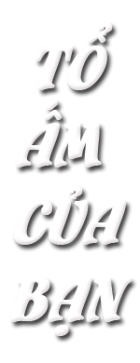
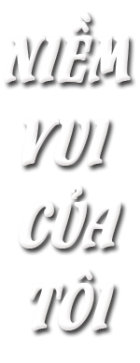
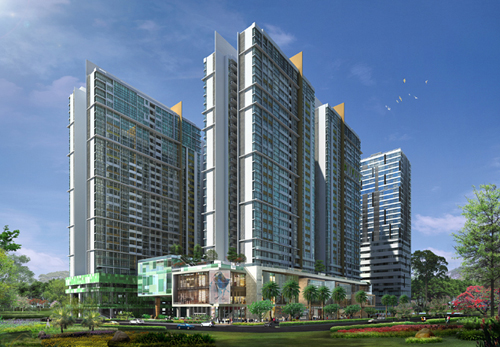
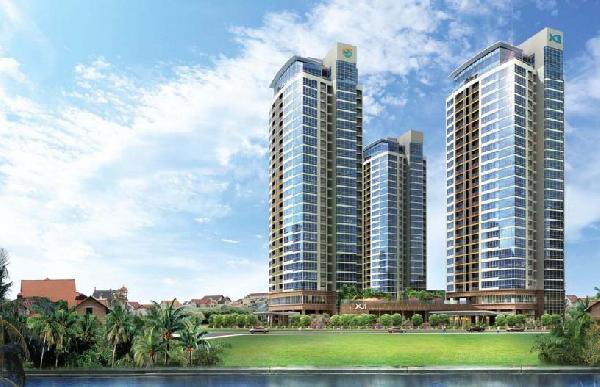
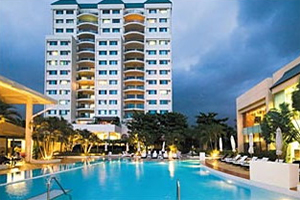

-188x135.jpg)
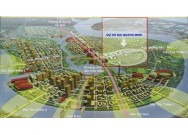

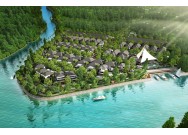
-188x135.jpg)
